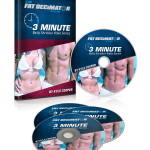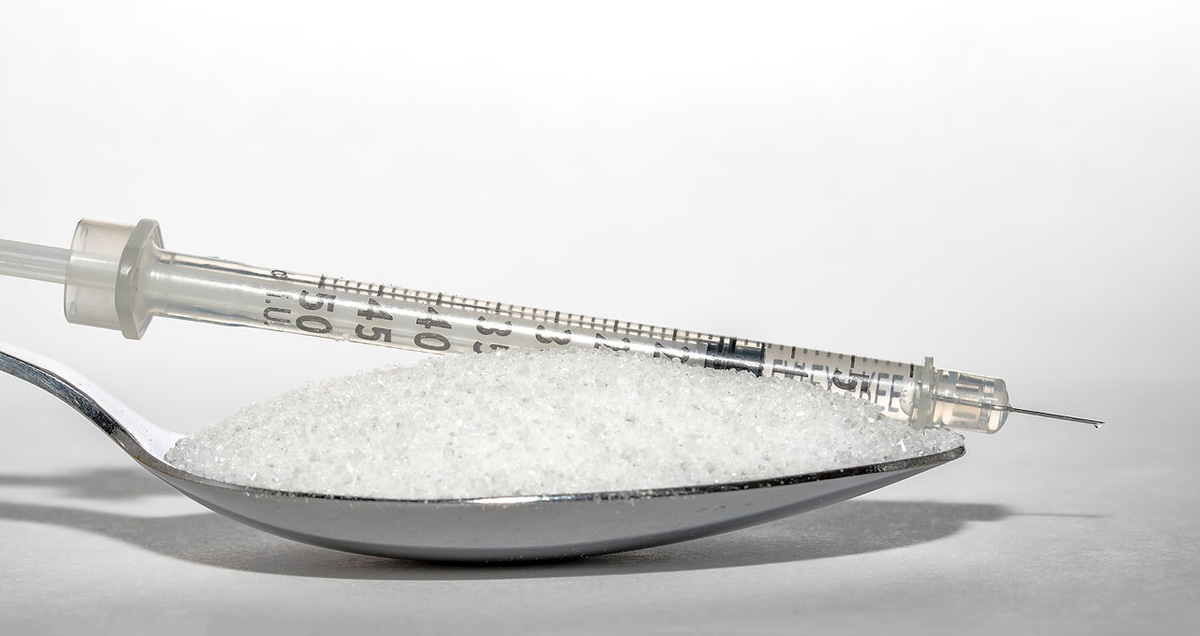Protein bars have become a staple in many people’s diets, whether as a quick and convenient snack or a post-workout recovery option. These bars pack a punch in terms of protein content, making them an attractive choice for those looking to meet their daily protein requirements. However, not all protein bars are created equal, and understanding the nutritional value of a good protein bar is crucial in making informed dietary choices.

Content
Protein Content:
The primary nutritional benefit of a protein bar lies in its protein content. Protein is an essential macronutrient that plays a fundamental role in building and repairing tissues, supporting muscle growth, and maintaining overall health. A good protein bar should contain at least 10 to 20 grams of protein per serving. For athletes or individuals engaged in intense physical activity, bars with higher protein content may be more beneficial for muscle recovery and development.
Amino Acid Profile:
Proteins are made up of various amino acids, and a complete protein source contains all nine essential amino acids that the body cannot produce on its own. A good protein bar should offer a well-balanced amino acid profile, ensuring that you get the full range of essential amino acids required for optimal health. Common protein sources in protein bars include whey, casein, soy, pea, and brown rice protein, each with its unique amino acid profile.
Carbohydrates:
While carbohydrates are necessary for energy, some protein bars on the market may contain excessive amounts, which can hinder weight loss efforts or ketogenic diets. Look for bars with lower net carb counts (total carbohydrates minus fiber and sugar alcohols) to ensure they fit into your dietary goals. The best protein bars typically have around 10 to 20 grams of net carbs per serving.
Fiber:
Fiber is crucial for digestive health and can also help with weight management by promoting feelings of fullness. A good protein bar should contain a decent amount of fiber, typically around 3 to 5 grams per serving. Fiber can come from various sources, including nuts, seeds, and chicory root fiber.
Fats:
Healthy fats are an essential part of a balanced diet, providing energy and supporting various bodily functions. Look for protein bars with monounsaturated and polyunsaturated fats, such as those derived from nuts, seeds, or healthy oils like coconut or avocado oil. Avoid bars with trans fats and limit those with excessive saturated fats.

Sugars and Sweeteners:
One of the critical factors to consider when evaluating the nutritional value of a protein bar is its sugar content. High sugar content can lead to blood sugar spikes and crashes, undermining the intended benefits of a protein bar. Ideally, a good protein bar should have no more than 5 grams of added sugars. Look for bars that use natural sweeteners like stevia, monk fruit, or small amounts of honey or maple syrup.
Vitamins and Minerals:
Some protein bars are fortified with essential vitamins and minerals, providing added nutritional benefits. Look for bars that offer a range of vitamins and minerals, such as calcium, iron, vitamin D, and B vitamins, to support overall health and well-being.
Ingredient Quality:
Lastly, the overall nutritional value of a protein bar also depends on the quality of its ingredients. Opt for bars made with real, whole food ingredients and minimal artificial additives or preservatives. Avoid bars with long ingredient lists containing hard-to-pronounce chemicals.
In conclusion, a good protein bar can be a valuable addition to a balanced diet, providing a convenient source of protein and essential nutrients. When choosing a protein bar, consider factors such as protein content, amino acid profile, carbohydrates, fiber, fats, sugars, vitamins, minerals, and ingredient quality. Paying attention to these aspects will help you make an informed decision and find a protein bar that aligns with your nutritional needs and fitness goals. Always remember to consult with a healthcare professional or nutritionist if you have specific dietary concerns or health conditions. For More Information visit Now: https://foodsburnfat.com

Helen Bradley is a health blogger and the founder of her own blog about fitness. She has been blogging for three years now and loves to share what she learns with others. Helen enjoys reading, cooking, and staying active outdoors.











